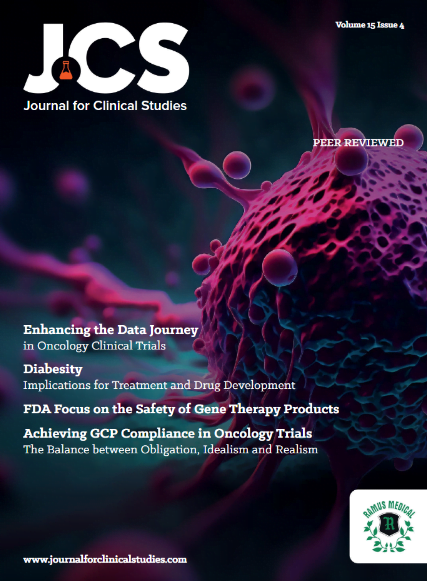Three months after earning an approval to treat chronic heart failure with their SGLT2 inhibitor Jardiance, Eli Lilly and Boehringer Ingelheim have posted new data that show the drug’s effectiveness against another type of heart failure.
For adults hospitalized with acute heart failure, Jardiance was 36% more likely than placebo to produce a clinical benefit—such as a reduction in death or improvement in symptoms. Investigators presented the results Sunday at the American Heart Association’s Scientific Sessions 2021.
Heart failure is considered acute when a patient experiences a fluid buildup in the lungs that requires urgent treatment. In acute heart failure, symptoms can appear without warning. Chronic heart failure is a longer-term condition that progresses slowly. About 80% of those who develop acute heart failure already have chronic heart failure.
Jardiance scored its original FDA approval to treat Type 2 diabetes in 2014. Two years later, it won an expanded label to reduce the risk of cardiovascular death in adults with Type 2. Then in August, the FDA endorsed the med for those with heart failure with reduced ejection fraction (HFrEF), regardless of whether they have diabetes.
In the Empulse study of 530 people who were hospitalized for heart failure, half of the participants were provided with a daily oral dose of Jardiance for 90 days, the other half with placebo. The average patient age was 68 and 66% of the patients were male.
Benefits included a reduction in all-cause mortality (4.2% for Jardiance vs. 8.3% for placebo), reduced heart failure events (10.6% for Jardiance vs. 14.7% for placebo) and a greater improvement in heart failure symptoms compared to those taking a placebo.
Breaking down the results into a subgroup analysis, investigators found the benefits of Jardiance were consistent regardless of heart failure type (reduced or preserved ejection fraction) or whether patients had Type 2 diabetes.
“Empulse is important since it is the first study showing beneficial effects on clinical outcomes of an SGLT2 inhibitor in patients hospitalized for acute heart failure, irrespective of if they had diabetes, irrespective of ejection fraction and—important as well—irrespective of whether they had de novo acute heart failure or decompensated chronic heart failure,” Adriaan Voors, M.D., professor at the University of Groningen in The Netherlands, said in a video presentation during the virtual AHA event.
Researchers also found a statistically significantly reduction in body weight for patients on Jardiance, and improvements in the diuretic response and symptoms of congestion, Voors added.
“If we take this together, I think these findings suggest that the results may at least be partly explained by the decongestive and diuretic effects of empagliflozin (Jardiance),” Voors said.
Jardiance is quickly playing catch-up with AstraZeneca’s Type 2 diabetes drug Farxiga, which last year became the first SGLT2 inhibitor to score an FDA green light for heart failure patients whether or not they have diabetes.
In July, Lilly and Boehringer Ingelheim revealed data showing Jardiance’s effectiveness in heart failure patients with preserved ejection fraction (HFpEF). Last week, the partners said the FDA accepted their application in heart failure independent of left ventricular ejection fraction and granted a priority review.
With that potential approval, Lilly and Boehringer are hoping to make Jardiance the only therapy to improve outcomes in all heart failure patients, regardless of ejection fraction status or whether they have Type 2 diabetes.















